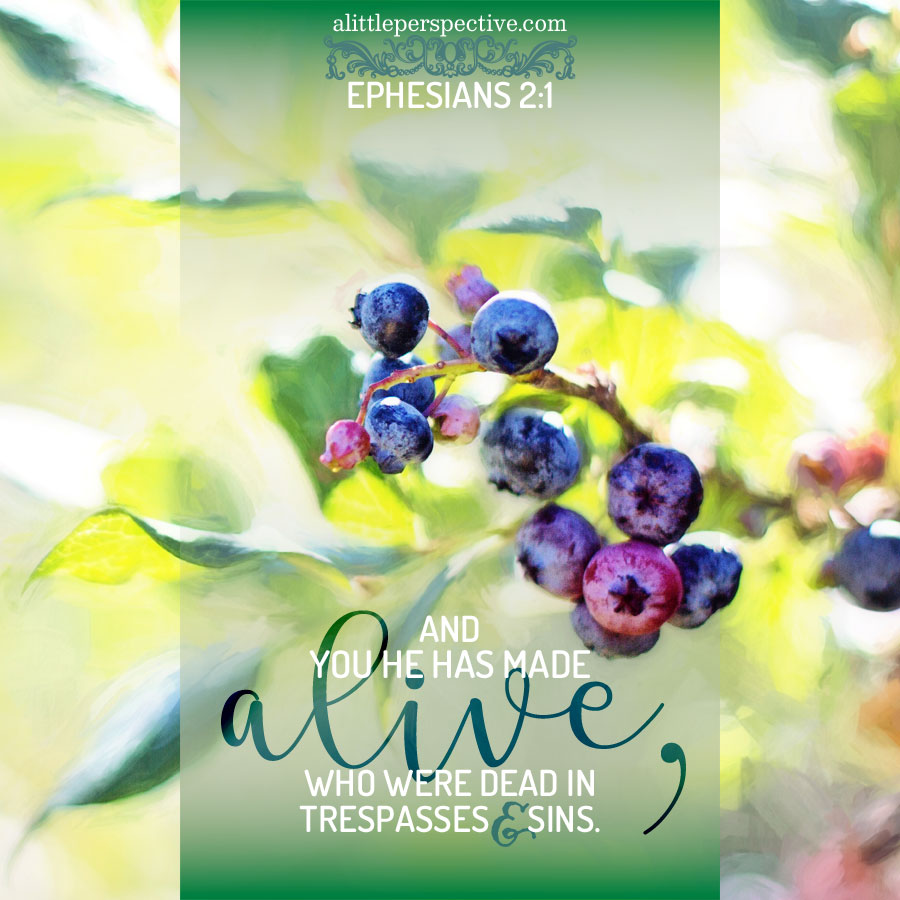Read Leviticus 1:1-6:7 at Bible Gateway.
the teaching tools of scripture
outline of leviticus according to its Hebrew paragraph divisions (these have been adjusted)
lev 1, the living olah 2009 sep 29
lev 1-2, qorban, the offering which gathers home + finding messiah in the law of the offerings 2011 feb 16
lev 3-4, olah, minchah, shelem, and chattath: burnt, grain, peace, and sin offerings 2011 feb 17
lev 5-6, asham, trespass offering 2011 feb 18
lev 1:1-6:7, vayikra chiastic structure 2012 mar 24
lev 1:1-6:7, vayikra, a sweet aroma 2013 mar 15
The outline of vayikra according to its strong themes:
Lev 1:1-13 {s+p} The law of the voluntary whole burnt offering (olah) of the herd or flock
Lev 1:14-2:16 {sx5+p} The law of the voluntary burnt offering of birds (olah) or grain (minchah)
Lev 3:1-17 {px3} The law of the voluntary peace offering (shelem)
4:1-35 {px5} The law of the mandatory sin offering (chattath)
Lev 5:1-16 {s+s+p} The law of the mandatory trespass offering (asham) when the trespass is unintentional
Lev 5:17-19 {p} The law of the ram of the trespass offering (asham) when in ignorance of the law
Lev 6:1-7 {p} The law of the ram of the trespass offering (asham) when restitution is due a neighbor
The outline of vayikra according to the types of offerings
Lev 1:1-17 {s+p+s} Olah, the voluntary whole burnt offering
Lev 2:1-16 {sx4+p} Minchah, the voluntary grain offering
Lev 3:1-17 {px3} Shelem, the voluntary peace offering
Lev 4:1-35 {px5} Chattath, the mandatory sin offering
Lev 5:1-6:7 {s+s+px3} Asham, the mandatory trespass offering
My greatest increase in understanding this year came from studying the trespass offering.
Lev 5:1-10 {s} The law of the trespass offering (asham) of blood
Lev 5:11-13 {s} The law of the trespass offering (asham) of grain
Lev 5:14-16 {p} The law of the ram of the trespass offering (asham) in regard to the holy things
Lev 5:17-19 {p} The law of the ram of the trespass offering (asham) when in ignorance of the law
Lev 6:1-7 {p} The law of the ram of the trespass offering (asham) when restitution is due a neighbor
The trespass offering, the asham, is for a specific type of sin, the trespass, in which an injury or offense is done to another (see lev 5-6, asham, the trespass offering). A trespass is an encroachment on the person, right, or property of another.
The trespasses defined here in Leviticus:
Keeping silent when you should speak, when your testimony as a witness would add insight to the truth of a matter (Lev 5:1). This is not an overt violation of ‘Do not bear false witness,’ because you spoke no lying words. However, it is a covert violation of ‘Do not bear false witness,’ in that your silence allowed a falsity to stand.
Speaking when you should keep silent, by swearing or speaking thoughtless oaths (Lev 5:4). Thoughtless oaths might be difficult or impossible to perform, which is why they fall under violations of ‘Do not bear false witness.’ If you swear to do a thing, in order to not swear falsely, you must do it. How about when a person smacks their thumb with a hammer, and they swear, “God d-m it!” involuntarily, before they realize what they are saying? Invoking God to damn His creation is bearing false witness, because God spoke a blessing over His creation (Gen 1).
Speaking falsely, in order to gain something that rightly belongs to someone else, or to prevent someone else from keeping what rightly belongs to them (Lev 6:2-3). These outright lies injure the neighbor in his personal rights or property, and also violate ‘Do not bear false witness.’
Touching an unclean thing (Lev 5:2-3). The person being injured in this case, is the person who has done the touching. God not only does not want us to injure our neighbor, He also does not want us to injure ourselves. The distinction between clean and unclean is in Torah to promote our physical health and well- being, not just to burden us with commandments!
Enroaching on the Lord’s holy things (Lev 5:15-16). When something is reserved as holy to the Lord, when we do not let the Lord have it, then we have encroached, or trespassed against Him. His offerings, tithes, and firstfruits are holy to Him. The firstborn are holy to Him. His Sabbaths and feast days are holy to Him, so when we pursue our agenda on His day, we have encroached and trespassed against the Lord. His dwelling place is holy to Him, and this is why Paul says,
Flee sexual immorality. Every sin that a man does is outside the body, but he who commits sexual immorality sins against his own body. Or do you not know that your body is the temple of the Holy Spirit who is in you, whom you have from God, and you are not your own? 1 Cor 6:18-19
And there may be other applications (I should like to do a study on the Lord’s holy things to understand what Scripture teaches about them. Well, that is for another day).
I realized trespasses I have committed which I was unaware of previously, in studying this passage. This is why the passage reiterates over and over again, “… and he is unaware of it—when he realizes it, then he shall be guilty.” I am rejoicing today for this truth —
“And you He made alive, who were dead in trespasses and sins,” Eph 2:1

















Leave a Reply